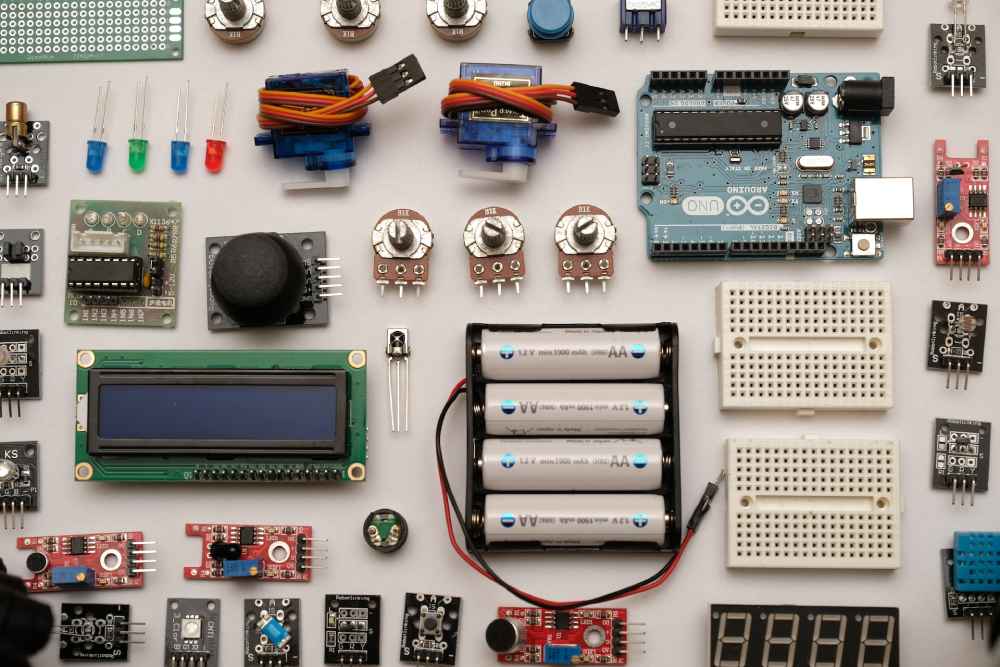Reasons to Invest in Electron Recycling
A device that is discarded as unusable might still be valuable to an electronics recycling company. Even if the gadget is no longer working, it can recover copper, silver, gold, and palladium.
Recycling e-waste is also good for the environment because it reduces air pollution. It also prevents toxins from leaching into soil.
Reduced Waste
In a world where everyone has a device that they carry with them, it’s crucial to recycle your electronics when they are no longer in use. This keeps e-waste from being burned or dumped into landfills, reducing air pollution and helping to prevent the leaching of hazardous materials into soil and water.
Additionally, electronics recycling helps reduce greenhouse gasses. Producing new electronics requires a lot of energy, contributing to climate change. Reusing materials reduces this demand and reduces the need for mining or deforestation.
When you recycle your old electronics, you are not only reducing waste and protecting the environment but also helping create jobs in a growing industry. These jobs require human expertise, so the more we recycle, the more job opportunities will arise for those who want to work in this sector. This will lead to an overall economic gain for the country. This is especially important as it reduces the need to import more expensive raw materials.
Reduced Carbon Footprint
The manufacturing process of electronics is highly energy-intensive, requiring the use of rare earth minerals and non-renewable resources. This can hurt the environment and our climate. Thankfully, recycling electronic waste can reduce the carbon footprint associated with the production of these devices and can help preserve the planet’s precious resources.
E-waste, or end-of-life electronics, is a growing problem. It can contain toxic materials that pollute the soil and contaminate water supplies. These substances can also enter the air, harming humans and animals that come into contact with them. Recycling e-waste in specialized facilities helps reduce this pollution and promotes a greener world.
Businesses can contribute to a better future through responsible product management and encouraging consumers to recycle their old electronic products. This can be achieved through inventory tracking, extending device lifespans, and other strategies that promote sustainability. Businesses that make these changes can minimize their e-waste and carbon footprints while creating sustainable opportunities at home and abroad.
Enhanced Product Life Cycle
Electronics manufacturing is a rapidly growing industry, and the demand for new devices continues to rise. However, electronics production consumes precious metals and rare earth minerals that are limited in supply. Recycling these valuable materials from discarded consumer electronics helps to ensure that the manufacturing of new devices can continue unabated.
Furthermore, electronics contain toxic components that can harm the environment and human health. These include mercury, beryllium, cadmium, chromium, and brominated flame retardants; through circular design, recycling, and reuse, companies can minimize the release of these toxic materials into the environment and reduce reliance on raw material imports.
In addition to recycling these rare and critical materials, using advanced technology can also improve the overall quality of e-waste processing. For example, advanced AR software can help technicians with visual guidance and provide data such as cycle times, photos, material weights, etc. This data can enable companies to track progress, measure performance, and drive continuous improvement.
Creates Jobs
Creating new electronic devices requires a lot of energy and produces significant pollution. Reusing and recycling existing materials allows for fewer products, reducing pollution and the need to extract precious and limited virgin resources.
E-waste recycling has become the fastest-growing industry in many countries, creating high-quality jobs with good pay. It also provides opportunities for entrepreneurs to develop local companies that repair and refurbish electronics, providing additional job creation and economic growth.
E-waste recycling is an essential step towards a more sustainable global economy. Better product tracking, manufacturer or retailer take-back programs, and green standards will all support a more significant transition to a circular economy.
This will help to prevent e-waste from being exported to developing countries where workers in toxic landfills and primitive e-waste processing operations put their health at risk. It will also reduce the number of battery fires linked to e-waste in factories worldwide.

